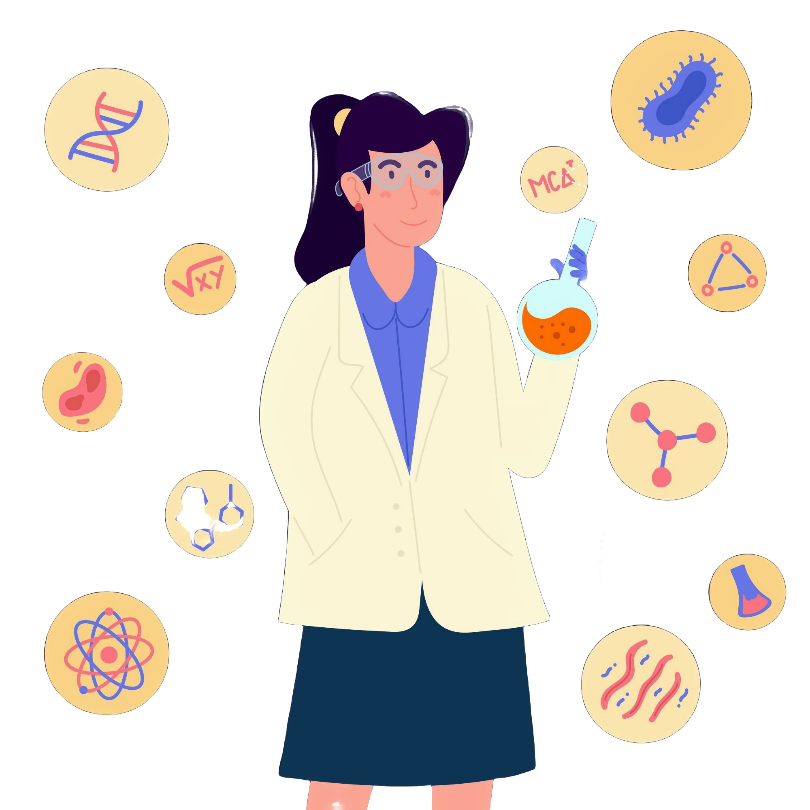Hormonal imbalance is something other than a trendy expression; a mind-boggling condition that can upset your body’s regulation and impact everything from temperament and energy levels to weight management and skin related matters. While different factors can cause hormonal irregularities, including stress, genetics, and environmental toxins, diet is an essential part in keeping up with and reestablishing balance. Understanding what your food choices affect your hormonal wellbeing and is fundamental for accomplishing overall well-being.
Understanding Hormones and Their Role
Hormones are chemicals messengers that manage basic bodily processes like digestion and metabolism, reproduction, and state of mind. They are released by glands in the endocrine system, including the thyroid, pancreas, adrenal organs, and ovaries or testes. At the point when chemicals like insulin, cortisol, estrogen, or testosterone are somewhat off, the side effects can be both strange and overwhelming. These may cause unexpected weight gain, weakness, acne, irregular periods, and even depression.
Diet’s Impact on Hormonal Health
The connection between diet and hormonal health cannot be overstated. Certain foods can promote balance, while others may exacerbate imbalances. Here’s how your dietary choices come into play:
- Consistently high sugar and refined carbohydrate intake can lead to insulin resistance, a condition where the body’s cells don’t respond effectively to insulin. This can disrupt other hormones like cortisol and estrogen, increasing the risk of conditions like polycystic ovary syndrome (PCOS) and type 2 diabetes. Opt for whole grains, legumes, and fiber-rich vegetables to stabilize blood sugar levels.
- Healthy Fats are essential for hormone production, particularly sex hormones like estrogen and testosterone. Incorporating sources of healthy fats like avocados, nuts, seeds, and fatty fish can support optimal hormone function. Avoid trans fats and heavily processed oils, as they can interfere with hormone signaling.
- Protein provides amino acids that are necessary for hormone synthesis. Including high-quality protein sources such as eggs, lean poultry, lentils, and tofu can help maintain hormonal equilibrium.
- Found in foods like flaxseeds, soy, and chickpeas, phytoestrogens are plant-based compounds that mimic estrogen in the body. While beneficial in moderation, excessive consumption may disrupt hormonal balance, especially in individuals with conditions like estrogen dominance.

Foods to Include for Hormonal Balance
To keep your hormones happy, focus on a nutrient-dense diet rich in the following:
- Spinach, kale, and Swiss chard are packed with magnesium, which can help regulate cortisol levels.
- Broccoli, cauliflower, and Brussels sprouts contain compounds that support estrogen metabolism.
- Salmon, walnuts, and chia seeds, are rich in omega-3 fatty acids which reduce inflammation and support adrenal health.
- Yogurt, kefir, and fermented vegetables improve gut health, which is closely linked to hormone regulation.
- Rich in antioxidants, berries and citrus fruits combat oxidative stress and support hormone production.

Foods to Avoid
Certain foods can disrupt hormonal balance and should be consumed sparingly:
- Refined Sugar and Carbs can spike insulin levels and lead to imbalances.
- Alcohol consumption can strain the liver, impairing hormone detoxification.
- High caffeine intake can increase cortisol levels, leading to adrenal fatigue.
- Processed Foods often laden with artificial additives and unhealthy fats, these can interfere with hormone signaling.

Lifestyle Factors Complementing a Balanced Diet
While diet forms the foundation of hormonal health, other lifestyle changes can amplify its benefits:
- Chronic stress elevates cortisol, throwing other hormones out of sync. Practices like yoga, meditation, and deep breathing can help.
- Physical activity improves insulin sensitivity and supports hormonal balance, but over-exercising can have the opposite effect.
- Hormoneslike melatonin and growth hormone depend on a consistent sleep schedule. Aim for 7-9 hours of quality sleep per night.
- Reduce exposure to endocrine disruptors found in plastics, cosmetics, and pesticides by opting for natural alternatives.

Seek Professional Help
If you suspect a hormonal irregularity, counseling a medical care professional is significant. Blood tests and other diagnostic devices can pinpoint explicit issues, enabling targeted dietary and clinical mediations. A dietitian or endocrinologist can give personalized direction custom-made to your requirements.
Accomplishing hormonal balance is definitely not a short-term process, however the right dietary choices can make way for long term wellbeing. By feeding your body with whole, nutrient rich food varieties and taking on a careful way of life, you can reestablish balance and upgrade your quality of life. Keep in mind, little, consistent changes frequently yield the most significant outcomes.
